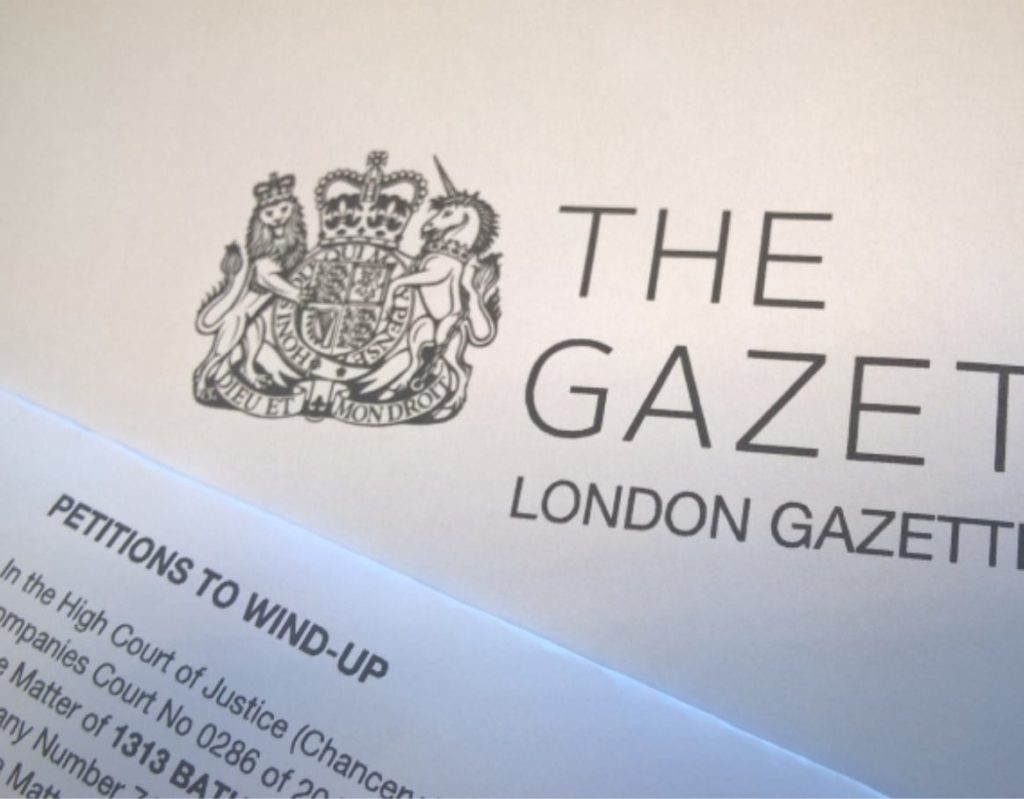Posts Tagged ‘statutory demand’
Creditors vulnerable without winding-up petitions
The UK Government’s decision to extend the temporary restrictions on statutory demands and winding-up petitions for Covid-19 related debts until 31 December 2020 offers some reprieve for hundreds of thousands SMEs. However, statutory demands and winding-up petitions are essential to debt enforcement and insolvency proceedings. Consequently, it’s difficult to fathom how prohibiting creditors from engaging…
Read MoreWhy statutory demands and petitions are essential
It can be argued that by restricting the filing of statutory demands and winding up petitions for Covid-19-realted debts, the Government has targeted all industry sectors with a blunt instrument. Covid-19 did not adversely affect every business in Britain. Indeed, many continued to operate throughout the lockdown period, and some of them thrived. We need…
Read MoreStat demands and winding-up petitions post Covid-19
The Government’s decision to suspend the filing of Statutory Demands and Winding-up Petitions is a huge blow for creditors seeking to collect payment of outstanding debts. As a result of the Corporate Insolvency and Governance Act, a creditor’s only debt enforcement remedies are through the county court via either a bailiff or a third-party debt…
Read MoreHow Do You Issue a Winding Up Petition?
A Winding Up Petition (WUP) is the most serious action that can be taken against a company and usually is only issued if a creditor is determined to recover an undisputed debt or put the company out of business because the debtor company is believed to be insolvent. The creditor will issue a statutory demand,…
Read More


